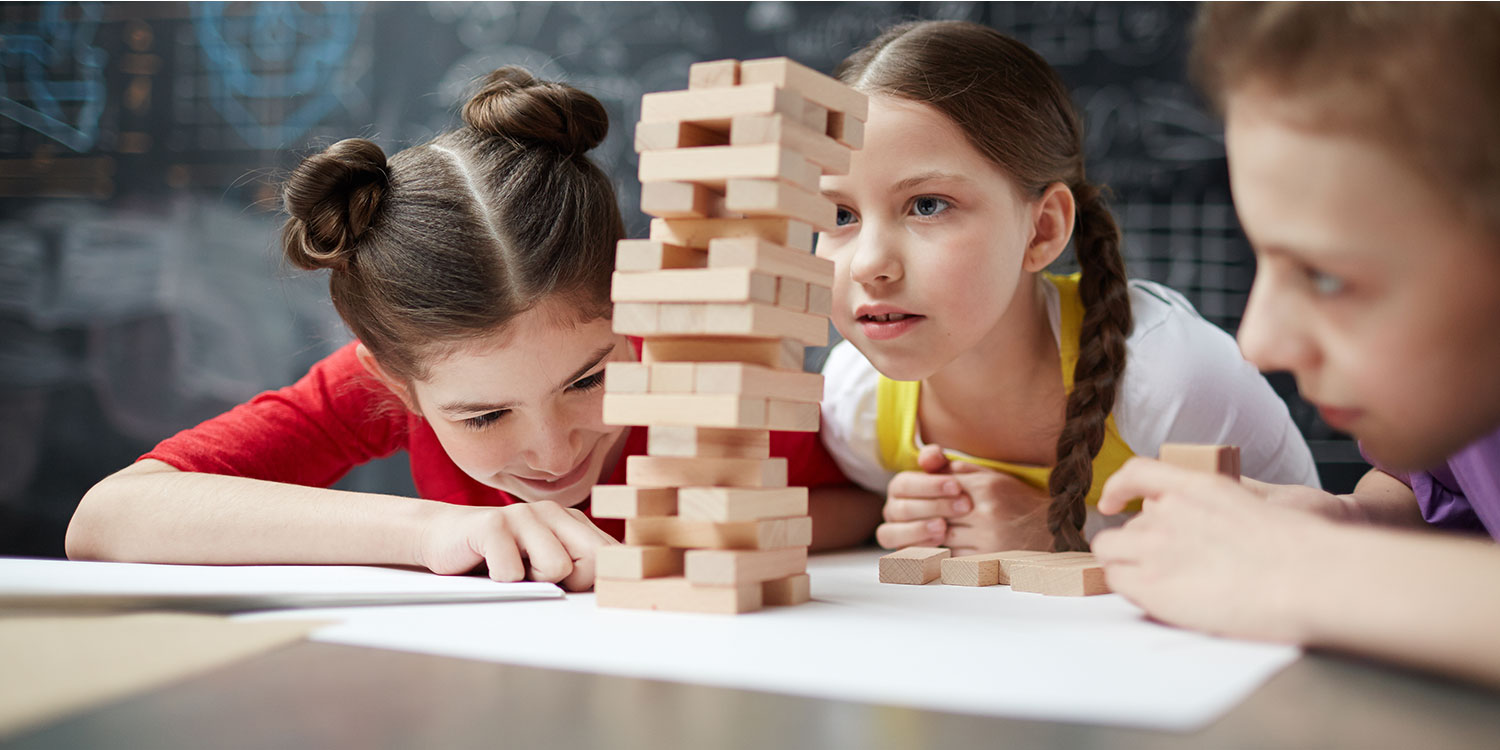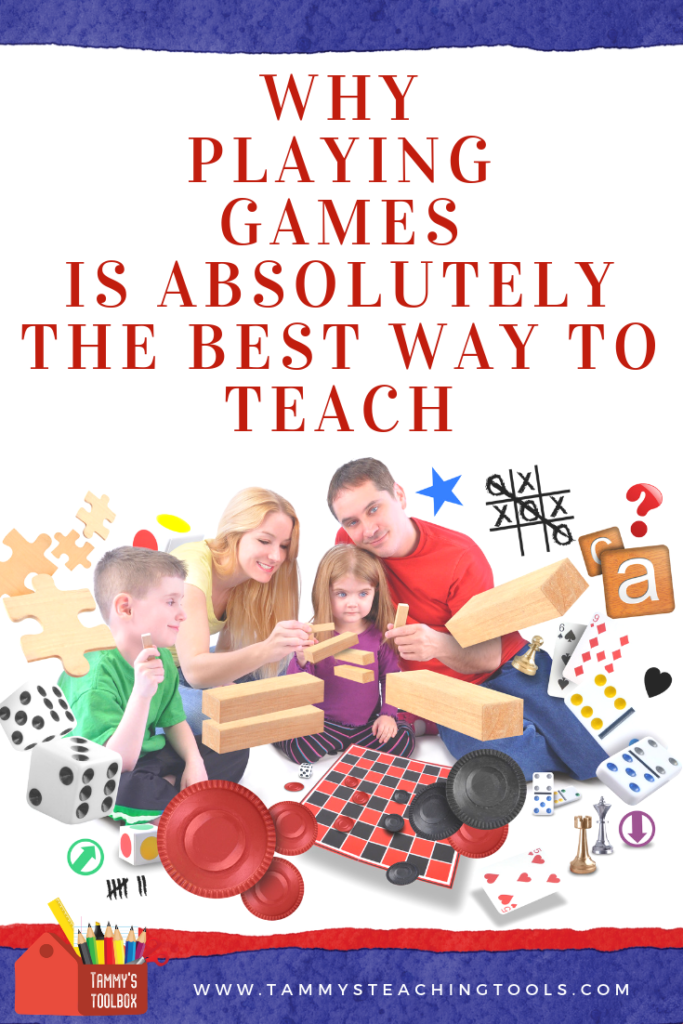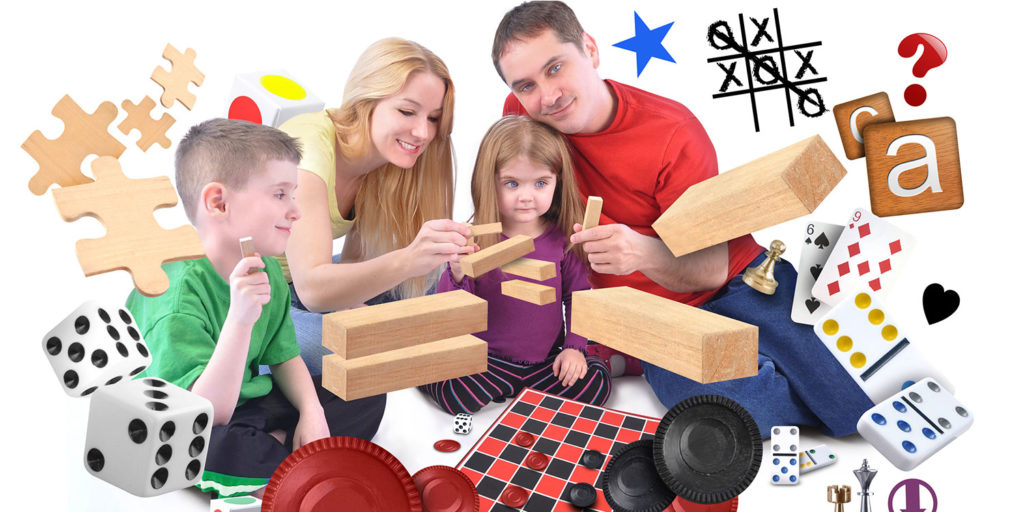Using Learning Games that are Fun is The Best Way to Teach Everything
Do you love playing games? I do, and most of my students do too. Learning with games that are fun engages students. Just the other day one of my students asked if we could play games for the whole session. Do you know what? I thought it was a great idea. Educational games for kids are a must for active learning. What is an educational game? In my opinion, all games can teach something. What I have seen is that when we play games, kids learn! Here is why you absolutely need to include fun learning games in your teaching.

Games are Fun. Making any activity enjoyable is the best way to engage a student and increase their retention of information. Games can help students master almost any material in an incredibly effective manner. When students are relaxed, stimulated, and concentrating on a game, their brain is more likely to remember the concept. Even my tired, disinterested students, perk up and focus when it’s game time.
They Motivate. Students will play a game many times because they are motivated and enjoy them. They are engaging in repeated practice and learning without even realizing it. I use games for both review and teaching concepts. They also work great as rewards for meeting goals. Many students will work on other assignments to earn extra game time. As a benefit, extra game time is extra practice time.
Games Provide a Quick Way to Differentiate Instruction. This is particularly helpful for students with dyslexia, ADHD/attention deficits, autism spectrum disorders, emotional/behavioral disorders, and other learning disabilities. Adjusting the material for individual levels is simple. Provide different game cards, math problems, or questions based on the child’s abilities. Games can help struggling students practice precisely the skills they need in a way that promotes a positive experience. They view the extra help as an enjoyable activity instead of something they HAVE to do. Games are also a safe way to practice skills without the pressure of paper and pencil exercises.
They are Active and Multi-Sensory. Students with learning disabilities and ADHD will learn much better when they are actively engaging all their senses. Connections are made in the brain that improves memory, recall, and executive functioning.
Games Promote Critical Thinking and Problem-Solving. Students learn to use strategies and problem-solving skills to master the game. These skills can help with every area of life.
Games Strengthen Crucial Executive Functioning. Skills. These include sustained attention, auditory/visual working memory, controlling impulsive behaviors, organization, planning/prioritization, flexibility, and emotional control. They also help with social skills like listening, taking turns, problem-solving, honesty, and sportsmanship.

Students learn to organize their thoughts, sequence steps, and interact appropriately with peers and adults. With all the benefits, it’s easy to see why games should be part of everyday life. Now that you know why to use games, here are some things you can do to incorporate them into your routine.
- Grab your favorite educational games, commercial board games, and any DIY games you have
- Set up a game area with a variety of games
- Keep games on hand for substitutes
- Have games available for early finishers
- Use them as resources for volunteers, tutors, and aides
- Have older students play with younger students
- Use them as a reward/motivator
- Have copies in all your centers since they can be used to practice any skill.
Using Games as Review Have flashcards and review cards available. Almost any game can be simply turned into a review game by having students answer a question or read a flashcard to take a turn.
Individual Play Students can play games individually by playing two game pieces against each other. One player takes turns answering all questions and moving both pieces. This can be an excellent independent activity for fast finishers.
Homework Kids love games for homework. Send home games in envelopes or baggies for students to play at home with family and friends. This is a great way to promote family involvement. Students can also play the games individually at home.
Parties Games can also be played just for fun. After all, isn’t that what games are all about? Holiday and seasonal themes make for fun, relaxed party games. Kids still learn many essential skills from interacting with others while playing any game.
Games Galore I created a set of themed games to engage my students in mastering difficult skills. I love themes because students can relate to them. They are even more involved when the game is relevant to their interests. One of my students is an avid baseball fan, and the baseball review game was his absolute favorite review activity.
The great thing is that I can use the same review material with my baseball fan, my animal-loving student and my pirate fan by choosing a different game board. Each student can practice a different skill on a different game board or you can tie a themed game board into a lesson for everyone.
I also designed the games to be played differently. Not every game has the same rules so there is always a new fresh game idea. Get gaming and don’t feel bad about it. Games help you connect with your students and are the best way to learn.
You may like my related posts
How to Turn Any Lesson into an Exciting Game.
13 Hot Toys and Fun Games for Reading.
Sign up for my mailing list and get an exclusive free set of games boards for every season.
Stop by my store to get free and low-cost educational games.
Grab Your Freebie Here from Teachers Pay Teachers.
Have fun playing games.

Don’t forget to sign up for my mailing list and get a free game kit and access to a growing freebie library.




